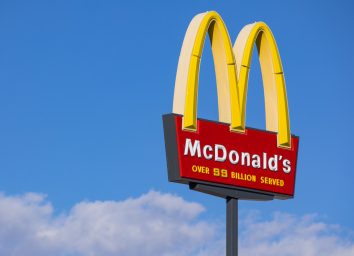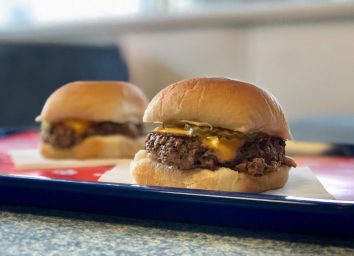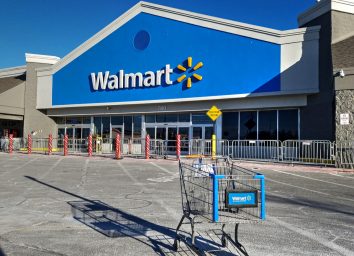6 Fast-Food Chains That Went From the Best to the Bottom In a Few Years
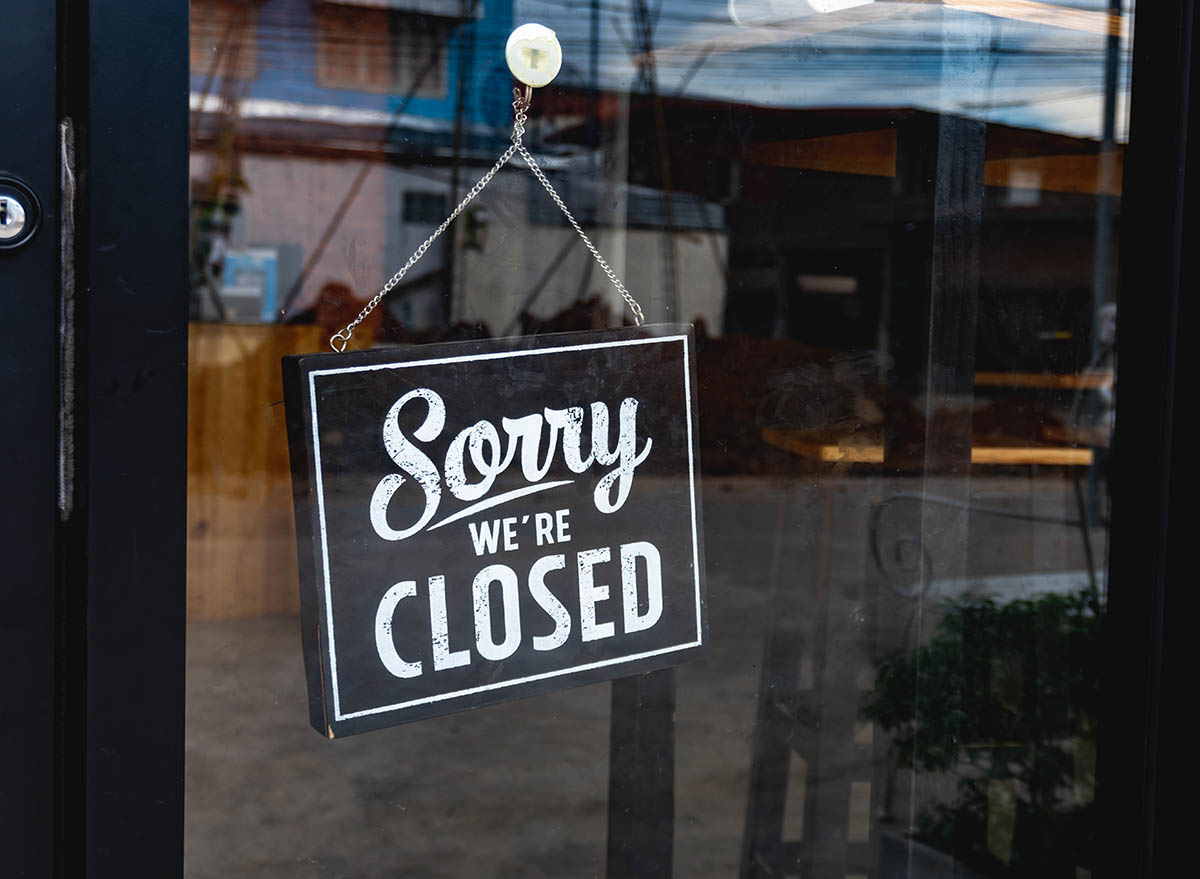
Major fast-food franchises are as much in the business of attracting franchisees as they are customers. And if the massive store counts at top fast-food chains are any indication they do a pretty good job of it. McDonald's promises its partners the chance to "build a legacy"; Wendy's offers franchisees "a path to prosper and the prospect to lead"; and Burger King guarantees a "proven business model with innovation and growth at its core."
For some fast-food chains, however, the business model seems to begin and end with the franchisee pitch: partners are onboarded with the promise of low start-up costs and quick profits, but are then left to their own devices, leading, eventually, to the failure of the brand as a whole.
Here's a look at six flash-in-the-pan restaurant chains that once had tremendous promise but dropped to the bottom lickety-split.
Burgerim
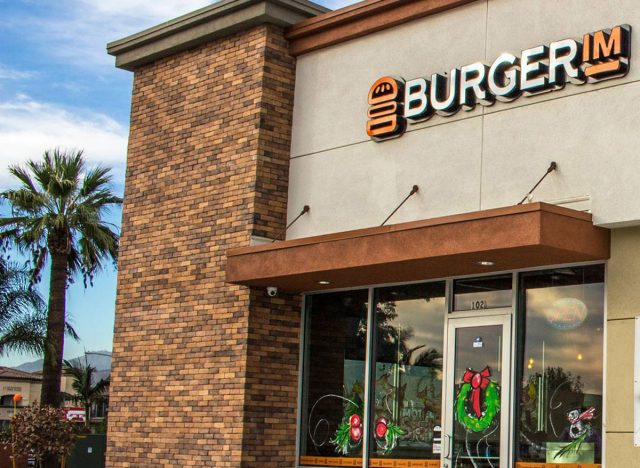
In the late 2010s, Burgerim was, hands down, the fast-food brand to watch. Founded in 2016, the chain expanded at an incredible rate, opening 200 restaurants—and securing 1,200 franchise agreements—in just a few years. Industry publication Restaurant Business ranked the chain at the top of its 2019 Future 50 list, declaring it "the country's fastest-growing emerging chain."
As it turns out, however, Burgerim's success was too good to be true. More akin to a pyramid scheme than a legitimate franchising company, Burgerim enticed inexperienced operators with low start-up fees and money-back guarantees but offered little in the way of guidance or support.
By 2019, the chain was in crisis, as franchisees struggled with construction and lease expenses, slow sales, and restaurant closures. Many owners jumped ship, choosing to rebrand or operate independently. Today, there are about 80 Burgerim-branded restaurants remaining, but the franchise hardly exists.
Quiznos
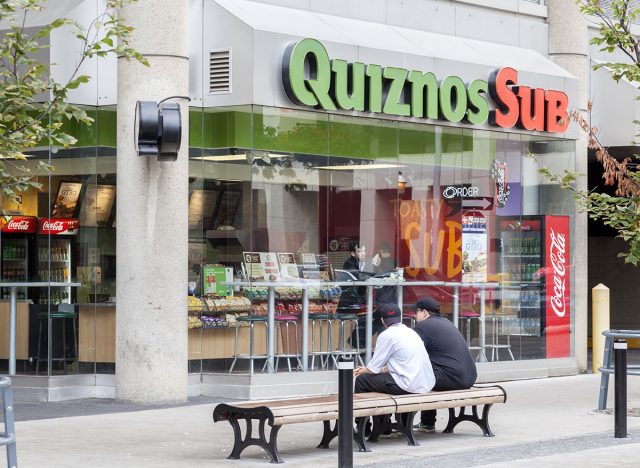
Founded in 1981 in Colorado, Quiznos expanded rapidly in its first two and a half decades of business, reaching a store count of nearly 5,000 restaurants by the late 2000s. But the sandwich chain was unable to weather the recession and, saddled with $875 million in loans following a leveraged buyout in 2014, declared bankruptcy the same year.
Between 2007 and 2017, Quiznos lost an incredible 90% of its restaurants and saw its sales shrink from $1.9 billion to $171 million. With a current footprint of about 170 units, Quiznos is hoping to reinvent itself as a digital brand, through a distribution deal with Ghost Kitchen Brands.
Boston Market
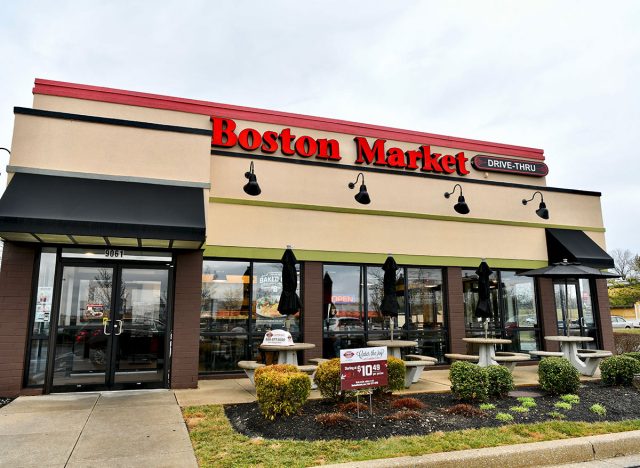
Beloved for its rotisserie chicken, turkey, and meatloaf, Boston Market's heyday was in the late '90s. The fast-casual chain made a splash with an initial public offering in 1993, and, attracting investor interest, grew to more than 1,100 restaurants by 1998.
Similar to Quiznos, however, Boston Market suffered a precipitous decline. Facing increased competition from supermarkets, sales at the chain declined between 1996 and 1998, and hundreds of millions in franchisee loans were written off.
A Chapter 11 bankruptcy soon followed, with Boston Market declaring $283 million in debt and closing 16% of its stores. From a high of over a thousand restaurants several decades ago, the Boston Market store count is currently down to about 307.
Red Barn
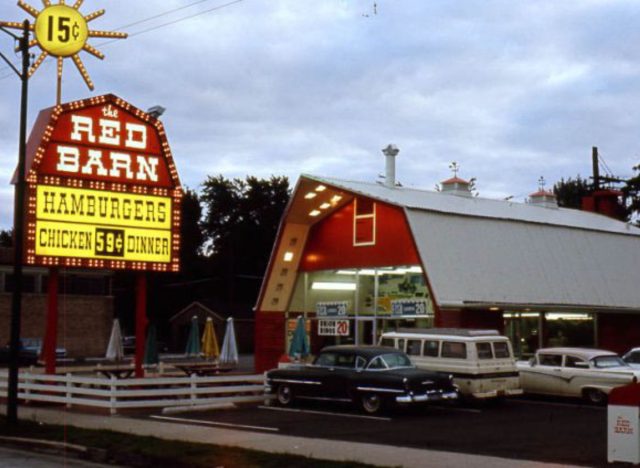
Red Barn was founded 1961, and expanded rapidly in its first years of business, growing from a regional brand to a national chain with a footprint of 300 to 400 restaurants in 19 states. It was beloved for its Big Barney and Barnbuster burgers, as well as its industry-first self-service salad bars.
Early success, however, was followed a by rapid decline: business began to slow following an acquisition by United Servomation in the late '60s, and within a decade Red Barn was acquired by City Investing Company (the parent company of Motel 6), which, interested primarily in Red Barn's real estate, bled the chain dry by allowing franchisee leases to expire. By 1988, Red Barn was officially out of business.
Burger Chef
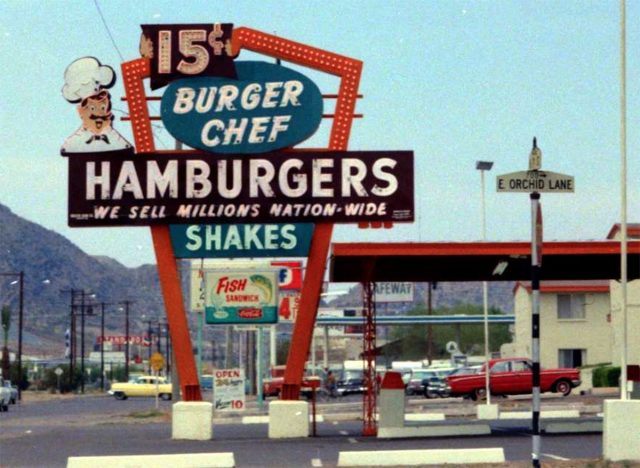
Similar to Red Barn, Burger Chef enjoyed rapid growth in its first two decades of operation but fizzled out in the '80s due to increased competition in the fast-food industry.
Founded in 1957 in Indianapolis, Burger Chef carved out a niche for itself with a number of industry-first innovations, including a patented flame-broiler and fast-food's first kids meal. The chain grew at a phenomenal rate, expanding from 600 restaurants in 1968 to more than 1,000 by 1972—within striking distance of McDonald's, which, in the same year, had a footprint of about 1,600.
But as the fast-food industry became more crowded (midwestern competitor Wendy's was on the scene by 1969), Burger Chef began to falter. In 1978, the chain lost its monopoly on the kids meal category with the launch of McDonald's Happy Meal, and, three years later, was acquired by Hardee's and scrapped for parts.
Kenny Rogers Roasters
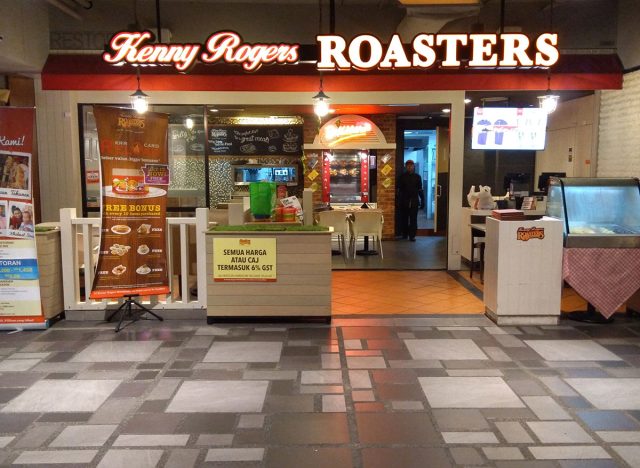
In 1991, Kenny Rogers the country singer teamed up with a restaurant vet, and the former Governor of Kentucky, to start a rotisserie chicken franchise. The chain was a hit at first, backed by the singer's notoriety, and quickly expanded to 350 restaurants. The chicken chain, however, faced competition from KFC, Boston Market, and other growing chicken restaurants. In 1998, KRR filed for bankruptcy and was bought out. The chain eventually landed in the hands of an Asian company and is still going strong with 400 or so restaurants.
A previous version of this article was originally published in May 2022. It has been updated with new information.
